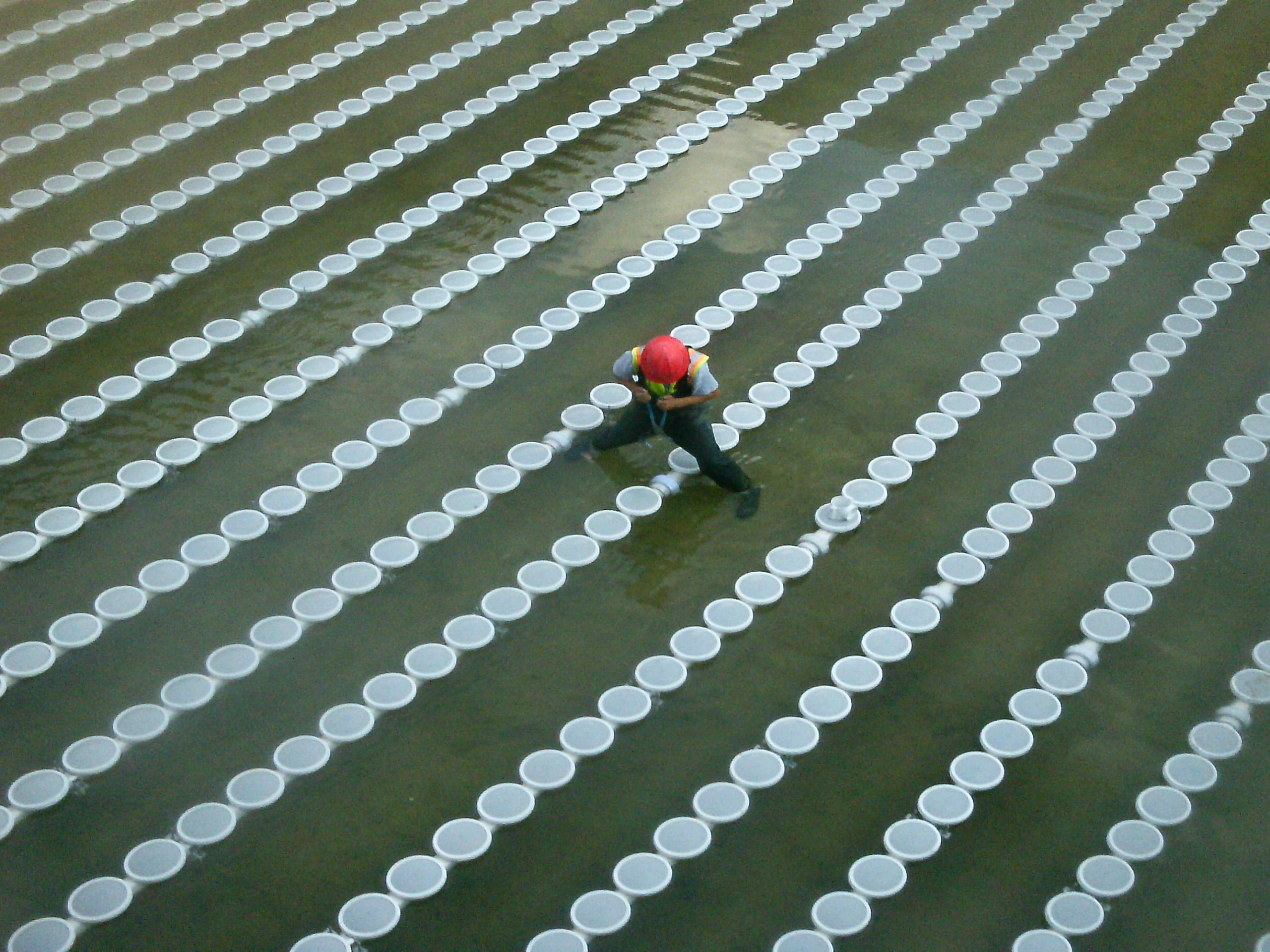Contact Us Today
Wine, Spirits and Brewery Wastewater Treatment
Making wine, spirits and beer requires water in various stages throughout the production process. For individuals running a location that produces these beverages, it’s critical to find the right wastewater system for the operations. Learn more about wastewater contaminants and challenges and the best treatment options today!
Contaminants in Wastewater
Wastewater from wineries, distilleries and breweries will vary depending on the beverage produced. The by-products stemming from each of these can lead to what’s known as “organic loading” in the wastewater.
Organic loading often results in surcharges or fees because wastewater plants usually do not handle it. Beverage producers may want to invest in solutions that help them reduce the number of solids in their wastewater, which helps eliminate those fees while decreasing their footprint.
Common contaminants or by-products of the wine-making, distilling or brewing processes include:
- Organic materials or nutrients
- Yeast
- Seeds
- Stalks
- Grape stems
- Sugar
- Starch
- Ethanol
- Grape skins
- Lees
- Sludge
- Fining agents
- Volatile fatty acids
- Grains
- Sedimentation waste
Many of these fall under biological on demand (BOD) or total suspended solids categories. Wastewater may also contain chemicals from cleaning agents and other highly soluble organic compounds.
Unique Challenges in the Industry
Handling wastewater in the beverage industry is a process in itself, making it vital to get it right using beneficial solutions. Some of the most common challenges associated with wastewater in this industry include:
- Sustainability: Breweries, wineries and distilleries have an obligation to think about their environmental footprint. Often, these places look for ways to reuse water, such as through irrigation. They have to consider environmental concerns, as their organic wastewater is often harmful to the Earth, such as creating dead zones or algae overgrowth.
- Limitations: Many of these plants have local and state limits they have to meet, including for minerals like phosphorus. Avoiding permit violations and production interruptions through high-quality wastewater management helps beverage producers stay on schedule.
- Odors: Much of the waste associated with these processes can result in unpleasant odors that may bother employees and guests. Proper aeration, mixing and sludge management help ensure the premises are pleasing to everyone who enters.
- Flows: Brewing, distilling and wine-making are water-intensive processes. A wastewater treatment plan must accommodate the inconsistent flows associated with different production schedules, considering a plant may have more or less wastewater on any day or month.
Best Wastewater Systems for Wine, Spirits and Brewery
The best wastewater system for a winery, brewery or distillery will depend on several factors unique to the facility. However, common solutions include:
- Moving bed biofilm reactor (MBBR) systems: MBBR systems use biofilm growth to remove organic materials from wastewater in an aeration tank with water.
- Integrated fixed film activated sludge (IFAS) systems: IFAS systems also use a biofilm growth, but it is mixed in with an activated sludge basin or a combination of water and activated sludge.
- Tertiary wastewater treatment: Tertiary wastewater treatment make water clean enough to reuse in water processes or potentially drink.
Choose SSI Aeration, Inc. for Wastewater Needs
Brewers, distilleries and wineries need a wastewater system that works — and they can trust SSI Aeration, Inc. to help them find one. Contact us online to learn more about wastewater treatment systems from SSI Aeration, Inc. today.
Contact Us
管式曝气器
SSI管式曝气器和先进的膜材料除了具有最高氧气转移效率之外,还提供优异的耐化学性和抗结垢性 SSI对质量严格的把控使得管式曝气器成为可提升系统的最佳选择 行业标准尺寸和形状,可与其他系统互换 多种链接方式:标准3/4″螺纹连接或SSI独有的Snappy Saddle™快速安装,使一人能轻松地完成安装 各种长度,直径和不同膜片材料供您选择 PTFE聚四氟乙烯涂层的膜片具有优秀的耐化学性和抗结垢性 多处设置检查阀,以保持曝气管道系统清洁 压缩形成的膜片,提供最高的质量把控 低膜增塑剂含量,减少收缩和硬化,但足以避免蠕变 212F(100C)的耐温性和环保的ABS管体 价格适中(首次使用或改造项目)

Effective wastewater treatment in the food industry is essential. Thanks to the widespread use of water in the food and beverage markets, production and processing facilities need dependable cleaning […]

Effective wastewater treatment in the food industry is essential. Thanks to the widespread use of water in the food and beverage markets, production and processing facilities need dependable cleaning […]







